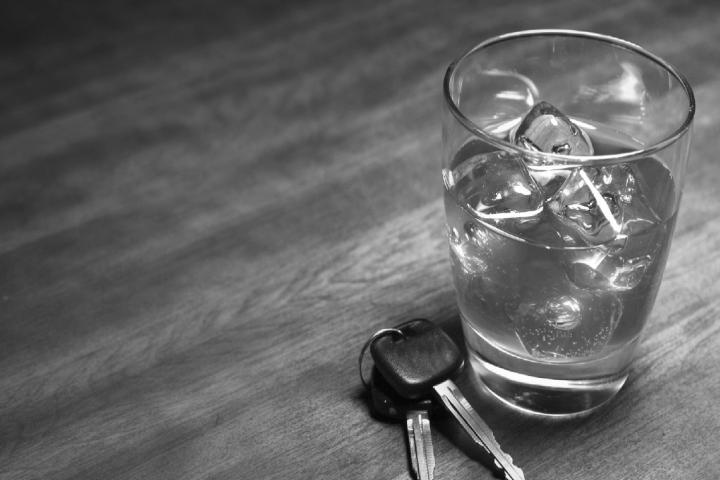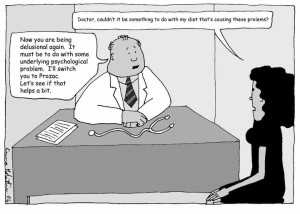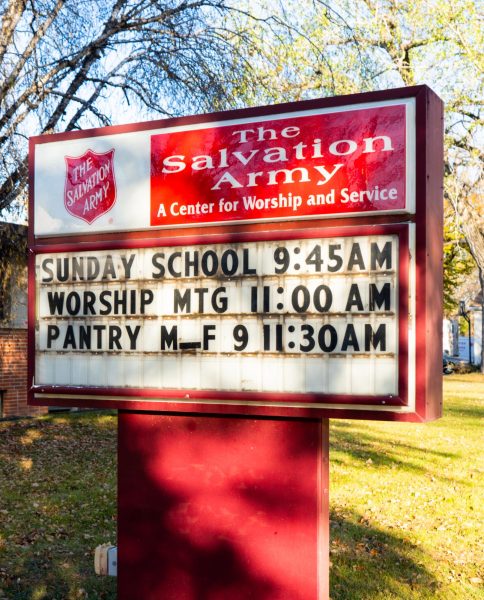DUIs need larger fine
PUNISH Complaints about DUI fines are unjustified.
Photo courtesy Say Anything Blog.
This is a college campus. As students, we have many choices to make during our time here at the university. The easiest of all should be this: Do not ever, for any reason, drive if you’re intoxicated.
It all comes down to personal responsibility. If you find yourself unfit to drive, call a friend, call a taxi, take the bus or if you can’t get yourself to do that, stay where you are.
Driving intoxicated is not worth the risk to yourself, or to other people.
Just four months after passing a hardened bill to combat drinking and driving, the state legislature will be revisiting the issue again. The main points passed in the April bill increased the sentencing on those involved in DUI or DWI accidents causing death or serious bodily harm and increased punishment on first time offenders whose blood alcohol content is over 0.16 percent.
The legislature thought it was a step forward to make someone who is arrested while driving under the influence spend two nights in jail or perform 20 hours of community service. While this is a step in the right direction — and I applaud the state government for trying to combat drunk driving.
Currently, first time offenders, pay a $250 fine and have their license suspended for up to 108 days. There is no mandatory jail time — again, no significant deterrent to DUIs.
The real deterrent is this: According to the North Dakota Department of Transportation, in 2011 there were 170 fatalities because of impaired driving, and almost 800 injuries related to alcohol use. There also were more than six thousand arrests, 369 three-time offenders and thirty five-time offenders.
We need a system that has substantial punishment for DUI offenses.
Here is what I propose: For first time offenders, a $1,000 fine, 30 days in jail and revocation of all driving privileges for one year.
After the first offense, if one decides that the penalty is not severe enough, the driver should be sentenced to 120 days in jail, three years with no driving privileges, two years probationary driving and a $5,000 fine.
These kinds of changes could be seen as radical, maybe even infringing on one’s rights. But the bottom line demands different treatment. Those of legal age have the right to drink, but nobody has the right to endanger the lives of others. Changes need to be radical. Otherwise there is no point.
Someone dying at the hands of a drunk driver — that’s unfair.
Micah Dewey is a staff writer for The Dakota Student. He can be reached at micah.dewey@my.und.edu








